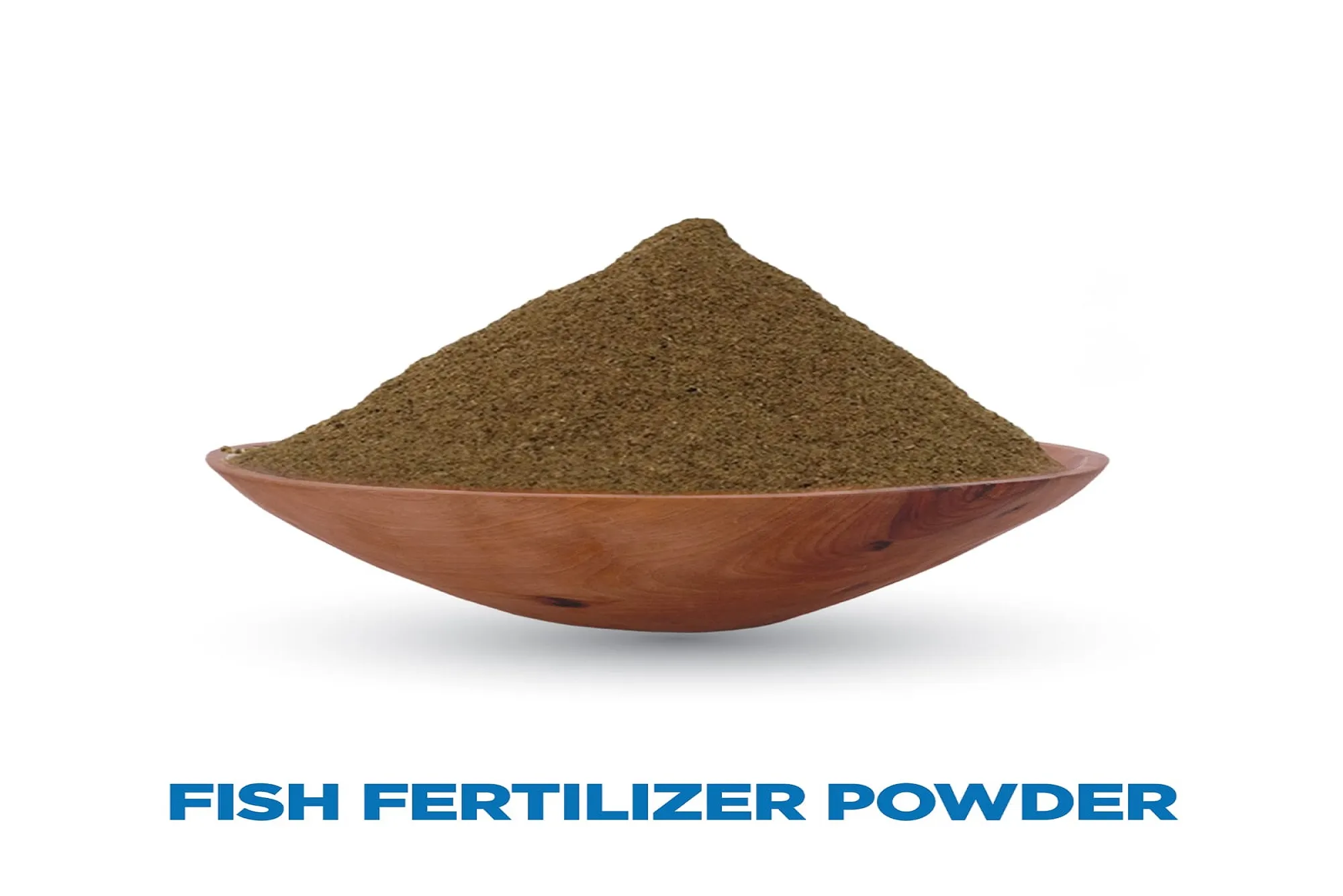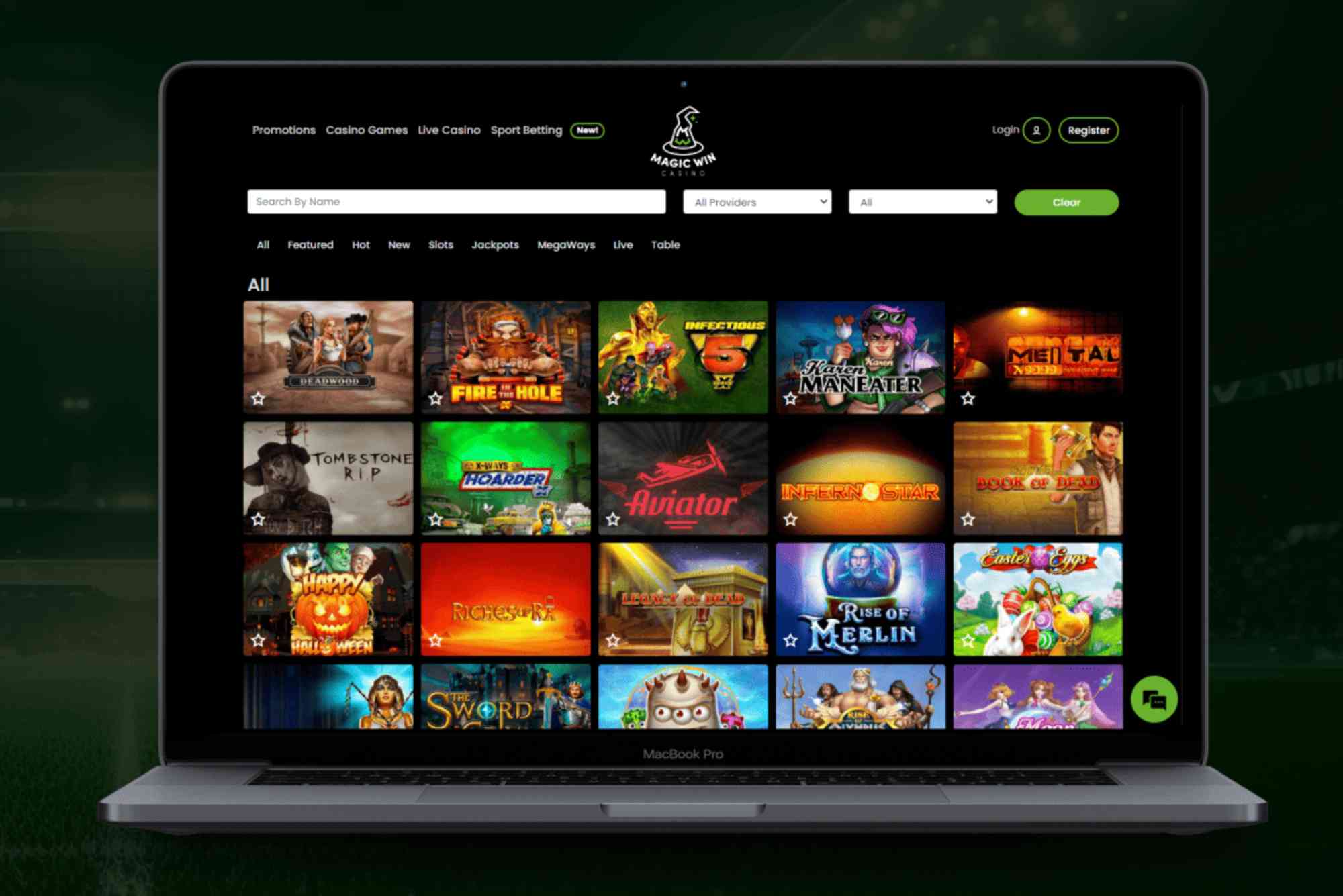The aquaculture industry is continuously evolving, seeking innovative solutions to improve feed palatability, enhance nutrition, and ensure sustainability. One key ingredient revolutionizing fish feed is poultry meal, a high-protein byproduct derived from poultry processing. This nutrient-dense ingredient is gaining popularity due to its ability to improve feed quality, support fish health, and reduce reliance on traditional fishmeal sources. With advancements in production and sustainable sourcing, poultry meal is emerging as a valuable component in modern aquaculture.
The Nutritional Value of Poultry Meal in Aquaculture
Poultry meal is an excellent source of digestible proteins, essential amino acids, and fats, making it a superior alternative or supplement to fishmeal in aquaculture diets. Its high energy content supports optimal fish growth, while its amino acid profile ensures balanced nutrition. Unlike plant-based protein sources, poultry meal closely mimics the nutrient composition of natural fish diets, making it highly palatable for a variety of aquatic species.
Additionally, poultry meal contributes to improved feed conversion ratios (FCR), allowing fish farmers to achieve better growth rates with less feed. This efficiency not only enhances production outcomes but also helps reduce feed costs, making aquaculture operations more economically viable.
The Production Process and Quality Considerations
The production of poultry meal involves a carefully controlled rendering process that transforms poultry byproducts—such as meat trimmings, bones, and organs—into a highly digestible protein powder. The process includes several key stages:
- Raw Material Collection: Poultry processing byproducts are collected from food-grade sources, ensuring high protein content and digestibility.
- Cooking and Drying: The raw materials undergo controlled heating to remove moisture and eliminate pathogens, preserving the nutritional integrity of the final product.
- Grinding and Packaging: The dried product is finely ground to achieve a uniform particle size, enhancing its mixability in aquaculture feed formulations.
- Quality Testing: Each batch undergoes rigorous testing to ensure optimal protein levels, digestibility, and absence of harmful contaminants.
High-quality poultry meal is characterized by its low ash content, high protein concentration, and balanced fat levels, all of which contribute to better performance in aquafeeds.
Cost Benefits and Market Trends
One of the major advantages of poultry meal is its cost-effectiveness compared to traditional fishmeal. As global fishmeal prices fluctuate due to supply constraints, poultry meal provides a stable and affordable alternative without compromising nutritional value. The use of poultry meal helps aquaculture producers maintain profitability while ensuring sustainable feeding practices.
Furthermore, with increasing demand for alternative protein sources in aquafeeds, the poultry meal market is experiencing steady growth. Innovations in feed formulation, coupled with improvements in poultry processing, are driving the adoption of poultry meal in both large-scale and small-scale aquaculture operations worldwide.
Sustainable Sourcing and Environmental Benefits
Sustainability is a crucial factor in modern aquaculture, and poultry meal aligns well with eco-friendly feeding practices. By utilizing byproducts from the poultry industry, this ingredient helps reduce waste and promotes circular economy principles. Additionally, the use of poultry meal reduces pressure on wild fish stocks, contributing to more responsible and sustainable fish farming.
Sustainably sourced poultry meal is produced following strict environmental guidelines, ensuring minimal impact on ecosystems. Companies investing in responsible sourcing practices are helping aquaculture move towards a more sustainable future.
Choosing High-Quality Poultry Meal for Aquafeeds
When selecting poultry meal for aquaculture, several key factors should be considered:
- Protein Content: High-quality poultry meal should contain at least 60-70% protein to support fish growth and development.
- Fat Composition: A balanced fat profile enhances energy availability and feed palatability.
- Digestibility: Low ash content and refined processing ensure maximum digestibility and nutrient absorption.
- Freshness and Storage: Properly stored poultry meal maintains its nutritional integrity and prevents spoilage.
Aquaculture businesses looking for premium-quality poultry meal can rely on trusted suppliers like Blueline Worldwide to ensure consistency, sustainability, and optimal nutritional value.
Blueline Worldwide: A Trusted Partner in Aquaculture Nutrition
Blueline Worldwide has established itself as a leading provider of high-quality poultry meal, catering to the growing needs of the aquaculture industry. With a strong commitment to sustainability and excellence, Blueline Worldwide sources poultry meal from reputable suppliers, ensuring stringent quality control at every stage of production.
By partnering with Blueline Worldwide, aquaculture professionals can access premium poultry meal that meets international standards for nutrition and sustainability. The company’s expertise in marine and allied products makes it a reliable source for businesses seeking innovative feed solutions.
Expanding Global Trade: Order from South Korea
The international demand for poultry meal continues to rise, with countries like South Korea playing a key role in global trade. Businesses looking for a stable and high-quality supply can Order from South Korea through trusted suppliers who adhere to strict industry regulations. Reliable sourcing ensures that aquaculture producers receive poultry meal that enhances feed efficiency and supports fish health.
As the aquaculture sector grows, efficient supply chain management and strategic partnerships will be essential for maintaining high feed quality and meeting market demands. Collaborating with well-established suppliers helps ensure that poultry meal remains a viable and sustainable component of modern fish farming.
Conclusion
The integration of poultry meal into aquaculture feeds is revolutionizing fish nutrition by enhancing palatability, improving growth performance, and promoting sustainability. As a cost-effective and environmentally friendly alternative to fishmeal, poultry meal is shaping the future of aquaculture. With responsible sourcing and high-quality processing, this valuable ingredient is poised to play a crucial role in advancing global fish farming practices.
For more insights into fish meal and food services, visit Ground Facts to explore the latest trends and industry developments in sustainable feed solutions.








